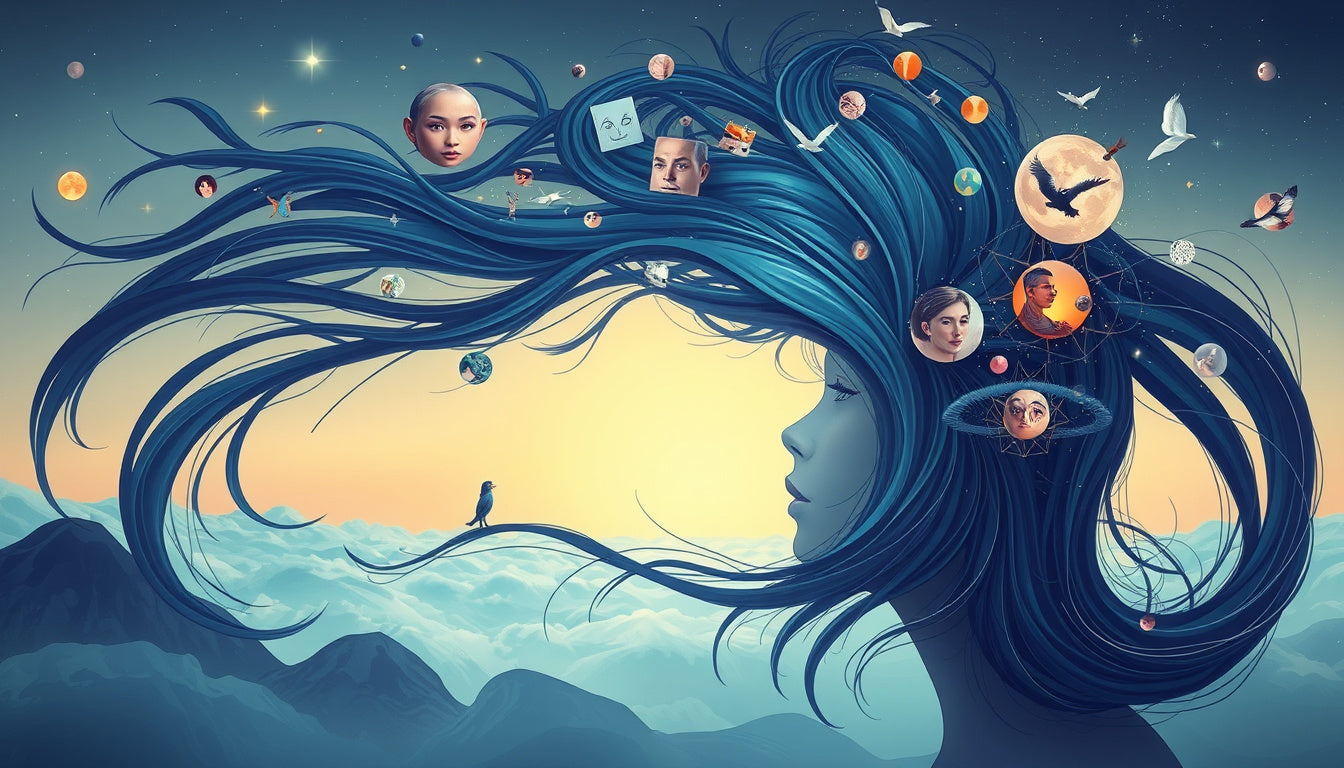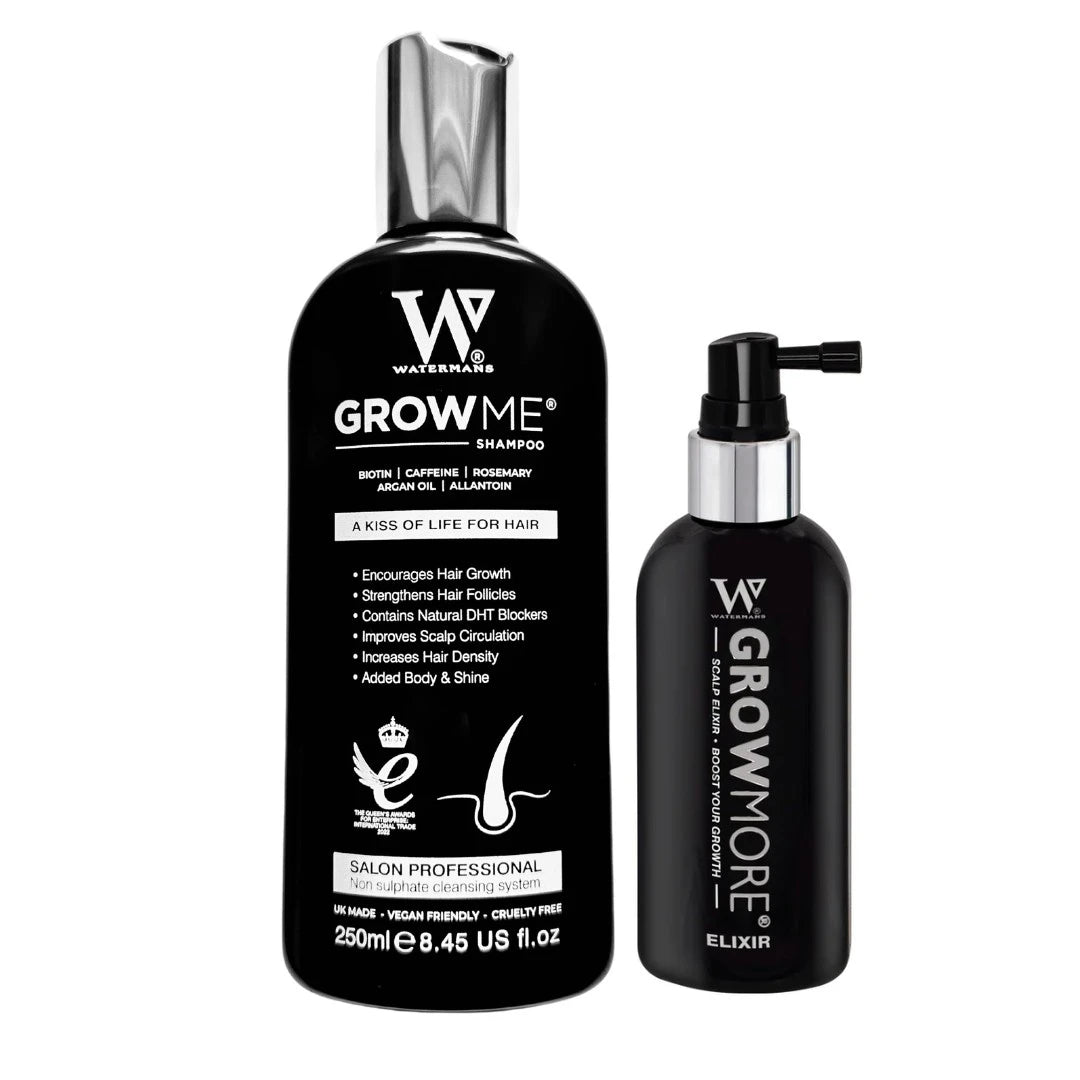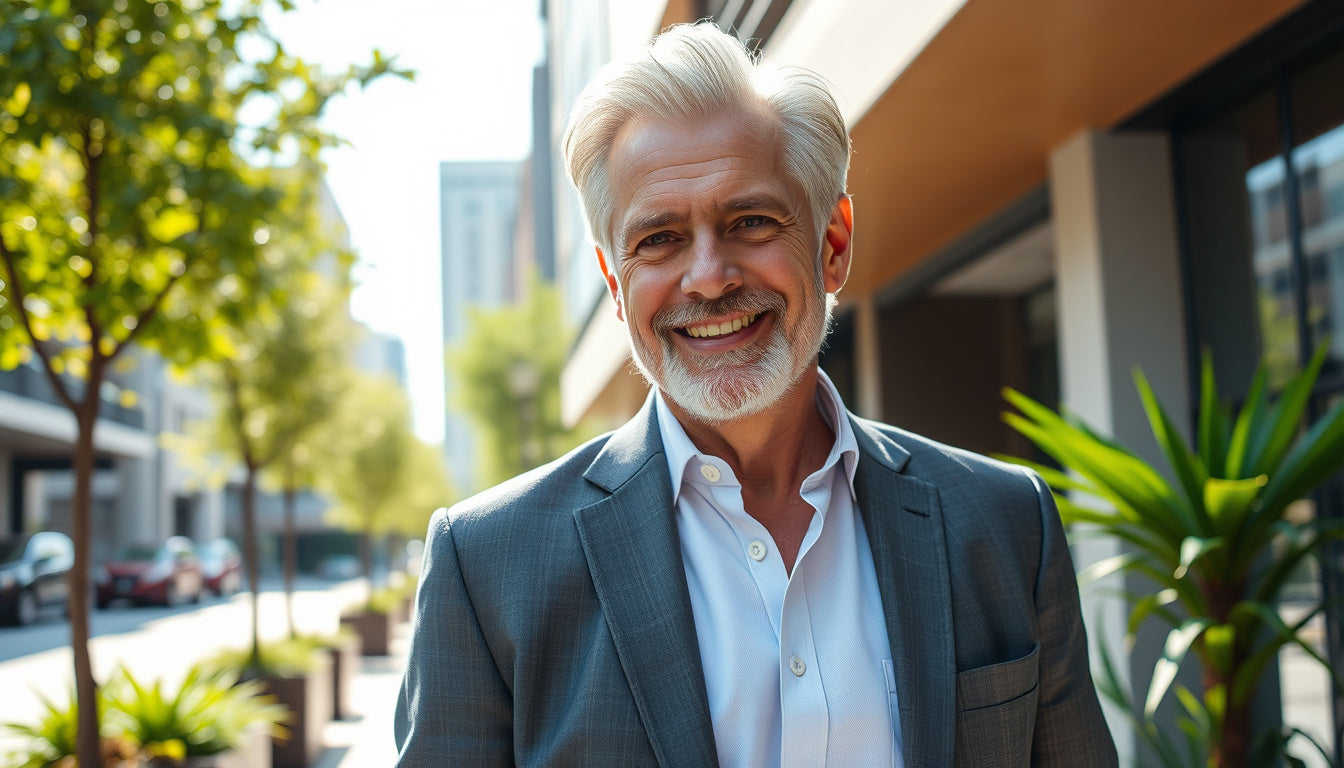
Exploring the Connection: Does Masturbation Cause Hair Loss?

When you ask about health and wellness topics, some subjects spark curiosity, intrigue, and even embarrassment. One common worry is if masturbation can cause hair loss. Myths and mistakes grow over time about this idea. Many wonder: Does this self-pleasure change my hair health? In this article, we look at the link between masturbation and hair loss and the factors at work.
Understanding Masturbation: Myths vs. Facts
Masturbation is a natural act where one touches one's genitals for pleasure. It happens in both men and women and is seen as a normal way to explore sexuality. Yet, many wrong ideas stick around, mostly about health risks.
The Myths About Masturbation and Hair Loss
-
Masturbation Drains Important Nutrients: Some think that self-pleasure empties the body of nutrients needed for hair. In fact, masturbation does not change nutrient levels or slow hair growth.
-
Hormone Shifts: Some worry that hormones change too much after masturbation, causing hair to fall out. Even though hormones help hair grow, the change from masturbation is small and short-lived.
-
Stress and Anxiety: Many use masturbation to ease stress. Though high stress can push hair into a resting phase, the act of masturbation does not start hair loss.
The Facts About Hair Loss
Hair loss comes from many sources. Genes, hormone changes, food, and health all play a role. Conditions like alopecia, male or female pattern baldness, and some illnesses can lead to hair thinning or loss.
The Biological Basics of Hair Growth
To see if a link exists between masturbation and hair loss, we must learn how hair grows.
The Life Cycle of Hair
Hair grows in a cycle that has three phases:
- Anagen Phase: In this phase, which lasts years, the hair follicle works to make new hair.
- Catagen Phase: In a short phase that lasts weeks, the hair follicle shrinks and pulls away from the hair.
- Telogen Phase: In this resting phase, which lasts months, hair waits to fall out.
Factors Affecting Hair Growth
• Hormones: DHT (dihydrotestosterone) is often linked with hair loss in both men and women.
• Food and Nutrition: Lacking enough proteins, vitamins (such as A and E), and minerals (like iron and zinc) may affect hair strength.
• Stress: High stress can move more follicles into the resting phase, leading to temporary hair loss known as telogen effluvium.
Do Masturbation and Hair Loss Relate?
After clearing myths and looking at hair growth, we ask if masturbation can lead to hair loss.
Scientific Studies and Opinions
Although studies on masturbation and hair are few, what we know shows no clear link. Hair loss is mostly tied to genes and hormone changes, especially higher levels of DHT from genetic factors rather than sexual activity.
What Experts Say
Many skin and health experts claim no proof shows that masturbation causes hair loss. They notice that sexual activity, which includes self-pleasure, may even help mind health and lower some stresses that might hurt hair.
Lifestyle Choices and Their Effects on Hair Health
Masturbation does not cause hair loss. Other parts of life may, though. How can you care for hair that stays strong?
Proper Nutrition
Eating a balanced meal with needed vitamins and minerals is key for hair. Foods rich in protein, omega-3 fats, iron, and vitamins A and E help keep hair in good shape.
Stress Management
Stress can lead to hair loss. Finding ways to calm down, like mindful breathing, yoga, and movement, helps keep hair safe.
Hair Care Products
Using the right hair care products can help your hair grow strong. For instance, try Watermans Grow Me Shampoo. It has good elements such as biotin, caffeine, and argan oil that feed the scalp and work from the roots.
Keeping Hair Clean and Healthy
Staying clean with your hair makes a big difference. Washing, conditioning, and using less heat and harsh chemicals help your hair thrive.
Did You Know?
- Natural Growth Rate: On average, hair grows about half an inch a month or 6 inches in a year. How fast it grows may change with diet and health.
- Hormone Changes: Shifts during puberty, pregnancy, and menopause can greatly change hair thickness.
- Aging Effect: As we age, follicles may get smaller and make thinner hair; some may even stop working.
- Genetics Matter: If those in your family lose hair, you might face similar changes.
- Stress Connection: Research shows high stress can lead to hair loss where the body turns against its own hair follicles.
Q&A Section
Q1: Can I stop hair loss with good nutrition?
A: Yes, a balanced meal with needed vitamins and minerals supports hair.
Q2: Can hair grow back after falling out?
A: Sometimes hair returns, especially if loss comes from temporary reasons like stress.
Q3: Can medicines cause hair loss?
A: Yes, some medicines may have hair loss as a side effect. Ask a healthcare worker if you worry.
Q4: Does using heat on hair change its growth?
A: Too much heat can harm hair and cause breakage, but it does not change how hair grows.
Q5: What daily habits keep hair healthy?
A: Eating well, drinking water, managing stress, and a good hair care plan all help hair.
Q6: When does hair loss usually start?
A: Many notice changes in their late 20s or early 30s, but it can be different for all.
Q7: Are some vitamins better for hair growth?
A: Biotin, vitamin D, zinc, and iron all support hair growth.
Q8: Is losing a bit of hair everyday normal?
A: Yes, losing 50 to 100 strands a day is a normal part of the hair cycle.
Q9: How can I lessen hair loss from genes?
A: While you cannot change your genes, products like Watermans Grow Me Shampoo can keep your hair as healthy as possible.
Q10: Can I help hair grow in a natural way?
A: Using some essential oils, massaging the scalp, and eating good food can help hair grow.
In short, there is no solid proof that masturbation causes hair loss. Hair health mostly depends on genes, food, and everyday life choices. Stay aware, take care of your body, and try steps like using Watermans Grow Me Shampoo to support strong hair from the root up.













